Today, the Netherlands is one of the world’s leading producers and exporters of poultry meat and eggs. Poultry farming is an important part of Dutch agriculture. The Netherlands is one of the leading countries in poultry production, with 635 million chickens being raised yearly. The poultry industry in the Netherlands has been growing rapidly in recent years, with the number of chickens being raised each year increasing by 10%. Dutch poultry farmers use innovative techniques to produce high-quality chicken meat and eggs.
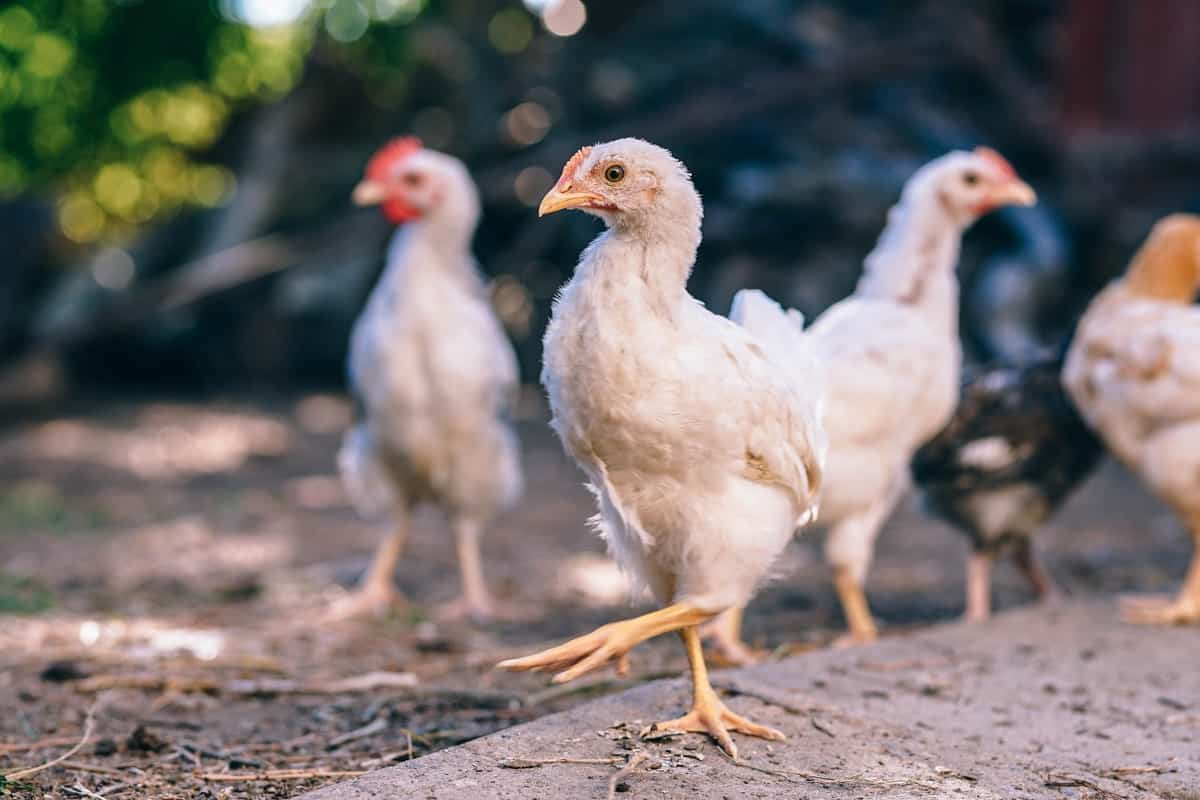
How to start poultry farming in the Netherlands
What is poultry farming?
Poultry farming is raising chickens, ducks, turkeys, and other poultry for meat or eggs. Commercial poultry farms in the Netherlands typically specialize in egg or chicken meat production, although some farms may produce both. Poultry farming in the Netherlands is a highly efficient and industrialized process.
Commercial chicken farms typically use specialized equipment to automate feed distribution and waste removal, and machines or computers carry out many aspects of chicken care. This high level of automation allows Dutch poultry farmers to produce chicken meat and eggs at a lower cost than farmers in other countries.
Poultry farming importance in the Netherlands
Poultry farming plays an important role in the Dutch economy and society. It is one of the country’s leading agricultural sectors, accounting for almost 5% of total agricultural production. Regarding value, poultry farming is worth around €4 billion to the Netherlands annually. Poultry meat is an important protein source for Dutch consumers, with chicken being the most popular type. Poultry farming also employs around 55,000 people in the Netherlands. In addition, the sector is an important employer in rural areas, where many farms are located.
In case you missed it: How to Start Organic Farming in the Netherlands: Crops, Schemes, Business Plan, Cost, and Profit
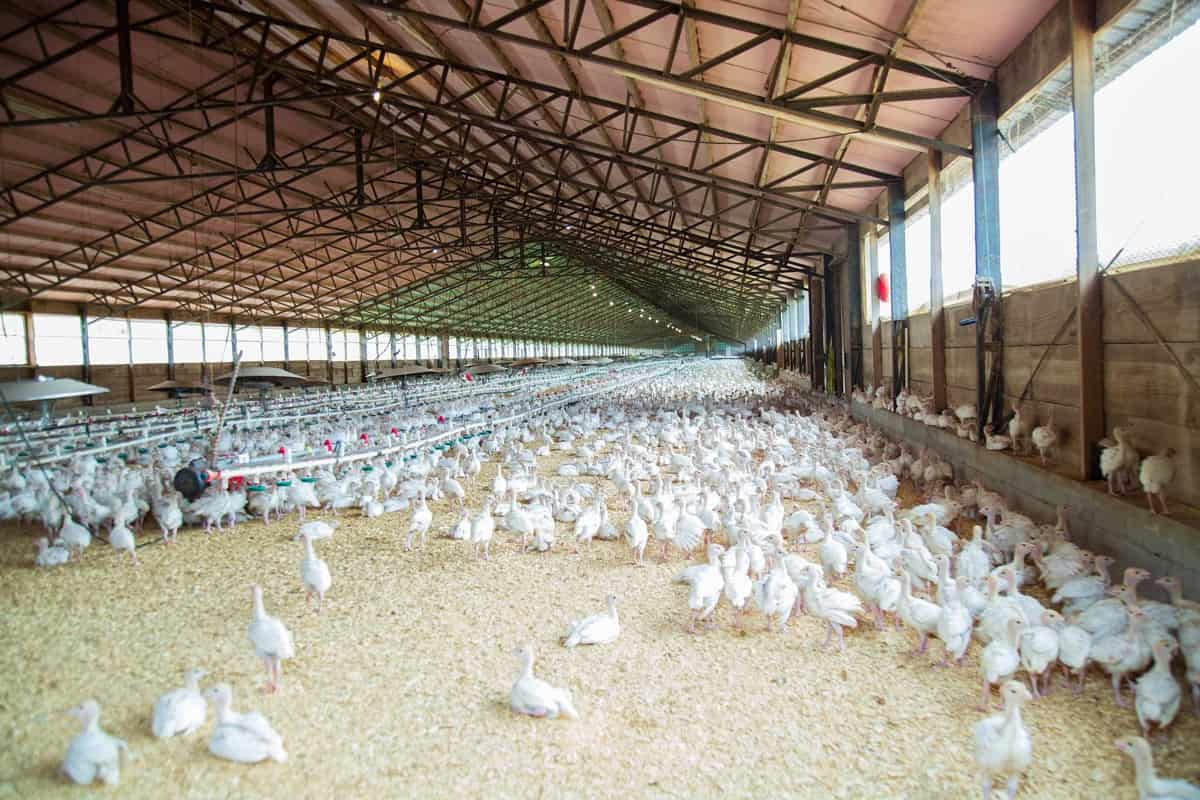
Benefits of poultry farming in the Netherlands
- Firstly, the country is known for its high-quality poultry products.
- In addition, the Netherlands has a strong poultry industry that provides jobs for many people.
- Finally, the Dutch government provides support to farmers through a variety of programs.
Different types of poultry farms in the Netherlands
There are many different types of poultry farms in the Netherlands. The layer farm is the most common, where chickens are kept for egg production. There are also broiler farms, where chickens are raised for meat, and mixed farms, which raise both layers and broilers. Poultry farms in the Netherlands vary in size from small family-run operations to large commercial enterprises. The average farm has about 2,500 chickens, but some have as many as 10,000 or more.
Most poultry farms in the Netherlands use intensive farming methods. This means that the birds are kept in enclosed buildings with controlled conditions, such as temperature and lighting. In addition, the chickens are given a carefully balanced diet of pellets and grains and are usually vaccinated against diseases. Intensive farming methods allow farmers to produce eggs and chicken meat at a lower cost than traditional methods. However, they can also lead to problems such as animal welfare concerns and environmental pollution.
Steps to start a poultry business in the Netherlands
1. Decide what type of poultry business you would like to start – There are many options available, from chicken farms to quail farms. Firstly, consider what type of animals you would like to raise, how much space you have available, and what products you would like to produce.
2. Research the market for your chosen poultry products – Find out what kind of demand there is for your products and what prices are being paid by buyers. This will help you determine whether or not your poultry business is viable.
3. Find a suitable location – Poultry farms can be located in rural and urban areas, but there are some things you’ll need to consider when choosing a location.
4. Create a business plan – This document will outline your proposed business, including your marketing strategy, production plans, financial projections, and more. Having a well-thought-out business plan is essential for any successful business venture.
5. Obtain the necessary permits and licenses – Before starting your poultry business, you must obtain the proper permits and licenses from the government. This includes a business license and other required permits for commercial operation.
In case you missed it: How to Start Greenhouse Farming in Netherlands: Business Plan, Crops, Cost, Profit, Subsidy, and Challenges
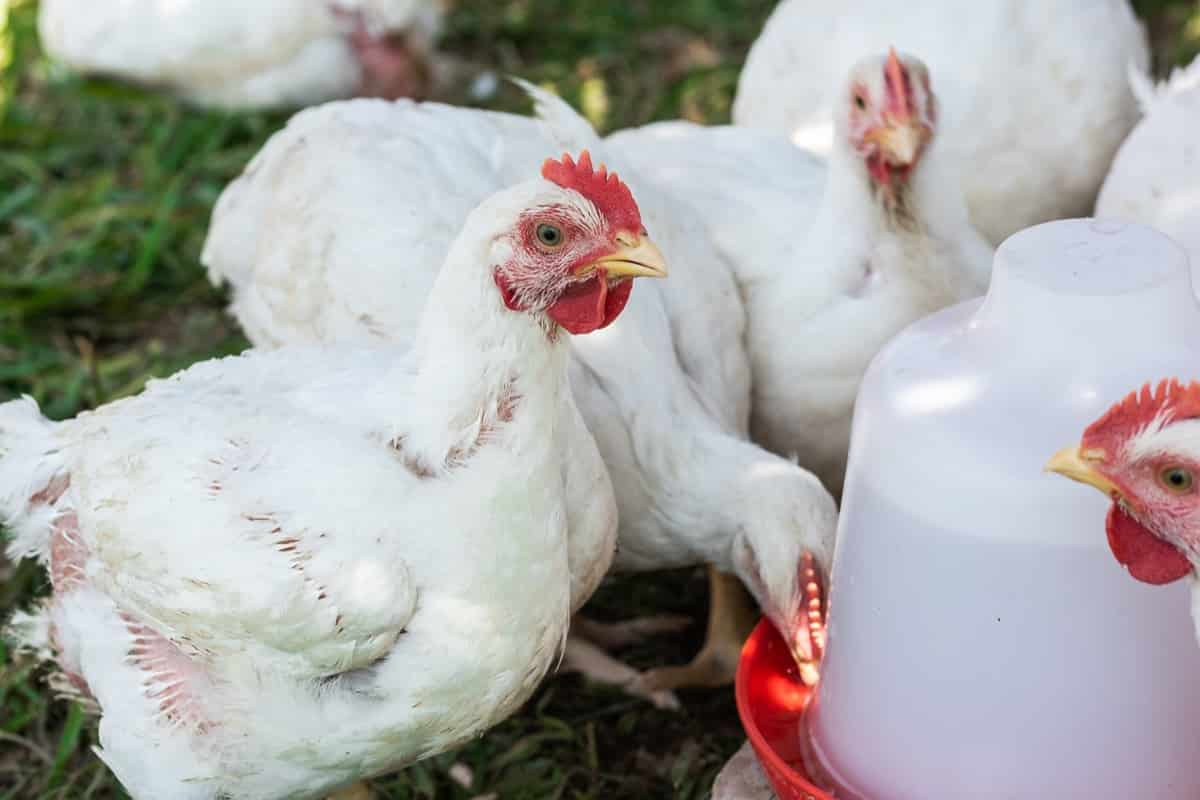
6. Build or purchase housing for your birds – Once you’ve found a suitable location, you’ll need to build or purchase housing for your birds. This will include chicken coops or other housing types, depending on the poultry you raise. Your animals need shelter from the elements and protection from predators. Make sure that your housing is sturdy and well-ventilated to keep your animals healthy
Layer farming business in the Netherlands
A layer farming business plan in the Netherlands should include an analysis of the Dutch poultry industry, your target market, your production process, and your financial projections. The Dutch poultry industry is highly competitive, with many producers competing for a limited number of consumers. Therefore, you need to clearly understand your target market and what they are looking for to succeed in this market. In addition, your production process should be efficient and produce high-quality eggs.
Requirements for poultry farming in the Netherlands
Poultry farming in the Netherlands is a highly developed industry. The country has many poultry farms which produce various poultry products. Poultry farming in the Netherlands is subject to strict regulations that ensure poultry products’ safety and quality. The Netherlands’ climate is suitable for poultry farming and has a temperate climate.
In addition, the country has a well-developed infrastructure, which includes a strong transport network and good facilities for storing and processing poultry products. Poultry farmers in the Netherlands must meet strict animal welfare, food safety, and environmental protection requirements. In addition, poultry farms in the Netherlands must be registered with the Dutch Ministry of Economic Affairs.
Poultry farmers in the Netherlands must comply with the following requirements:
- They must have a business plan that outlines their goals and objectives.
- They must have adequate financial resources to invest in their business.
- They must have appropriate knowledge and experience in poultry farming.
- They must have access to land that is suitable for poultry farming.
- They must have adequate housing for their birds.
- They must provide their birds with adequate food and water.
- They must keep their birds clean and healthy.
In case you missed it: How to Start Dairy Farming in the Netherlands: Business Plan, Cost, Profit, Subsidy Loan, and Challenges
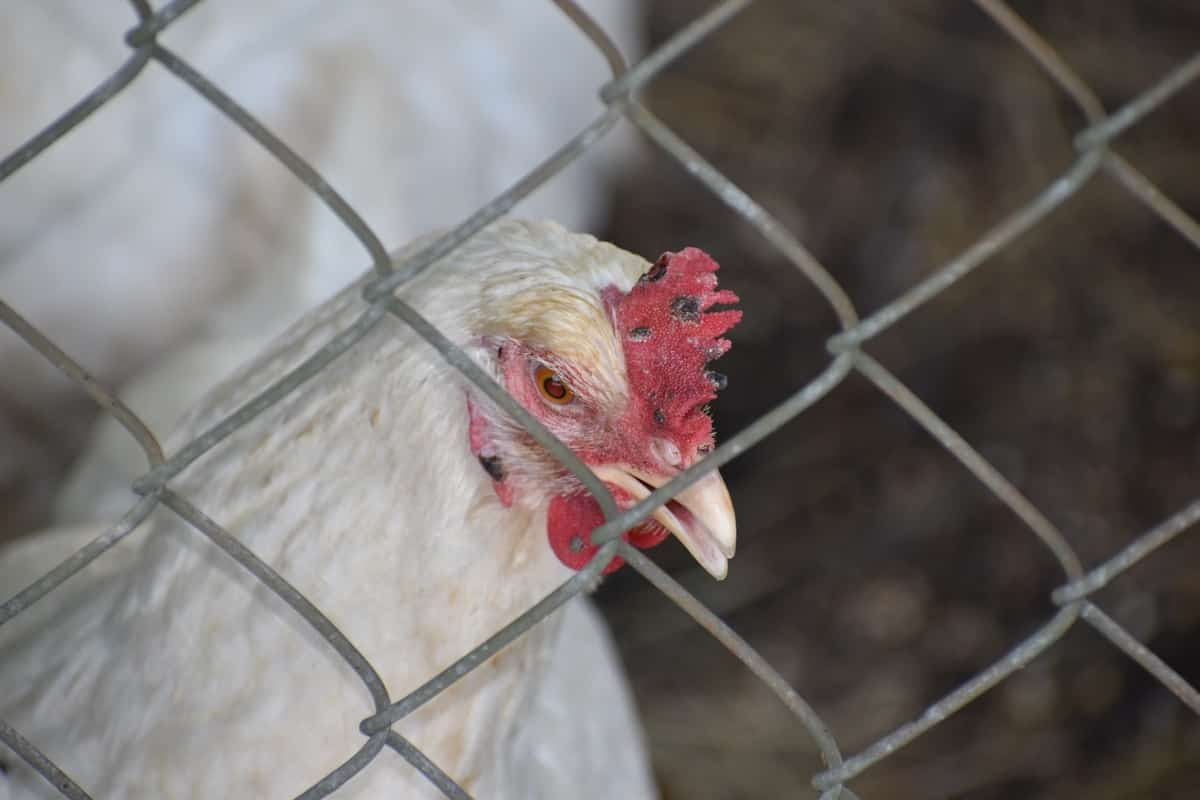
Small-scale poultry farming in the Netherlands
Small-scale poultry farming is quite common in the Netherlands. Many small farms raise chickens, ducks, and other poultry. These farms typically sell their poultry to local markets and restaurants. The Dutch government has recently implemented some changes that have made it easier for small-scale poultry farmers to operate. For example, the government has created an online portal where farmers can register their chicken coops. This portal makes it easier for inspectors to find and inspect chicken coops.
The Dutch government has also created a program that provides financial assistance to small-scale poultry farmers. This program helps farmers with the costs of buying chicken feed, building chicken coops, and hiring workers. Overall, the Dutch government is supportive of small-scale poultry farming. These changes have made it easier for farmers to operate and have helped improve the chickens’ quality of life on these farms.
Poultry breeds available in the Netherlands
| Dutch Bantam | North Holland Blue |
| Booted Bantam | Friesian |
| Kraienkopp | Brabançonne Chicken |
| Polish chicken | Barnevelder |
| Hamburg chicken | Minorca chicken |
| Welsummer | Groninger meeuwen |
| Lakenvelder | Campine chicken |
Each breed has unique characteristics and qualities that make it well-suited for different purposes. For instance, some breeds are better suited for egg production, while others are better suited for meat production. Some breeds are also known for being particularly hardy and adaptable to different climates. No matter what your specific needs or preferences are, you should be able to find a poultry breed that is right for you in the Netherlands. Research the various breeds available and talk to experienced poultry farmers to get started.
Poultry farming areas in the Netherlands
The Netherlands is one of the world’s leading producers in the poultry industry, with a highly efficient and modern poultry industry. The poultry sector is an important part of the Dutch economy, accounting for around €2.4 billion in annual sales. The Netherlands has a long history of poultry production, dating back to the early 20th century. However, poultry farming in the Netherlands is concentrated in a few key areas, namely North Brabant, Zeeland, and Limburg. These three provinces account for around 70% of all poultry farms in the country.
North Brabant is the largest poultry-producing province in the Netherlands, home to over 1,200 farms. Zeeland is the second largest producer, with just under 400 farms. Limburg rounds out the top three with just over 300 farms. These three provinces are well-suited to poultry production due to their favorable climate and ample supply of water and feed ingredients. They also have good infrastructure, with easy access to markets domestically and abroad.
Tips on raising poultry in the Netherlands
- The first step is finding a reliable breeder who can provide healthy baby chickens.
- It is important to provide your baby chickens with a clean and comfortable environment, free from drafts and predators.
- Baby chickens need access to fresh water and food at all times. A good diet for baby chickens includes plenty of protein and calcium.
- As your baby chickens grow, they will need more space to move around and explore. To provide them with a safe outdoor area to roam and exercise.
- Poultry require regular veterinary care to stay healthy and free from disease. Make sure to find a reputable vet who is experienced in treating poultry.
In case you missed it: How to Start Goat Farming in Netherlands: Breeds, Cost, Profit, Business Plan, and Management
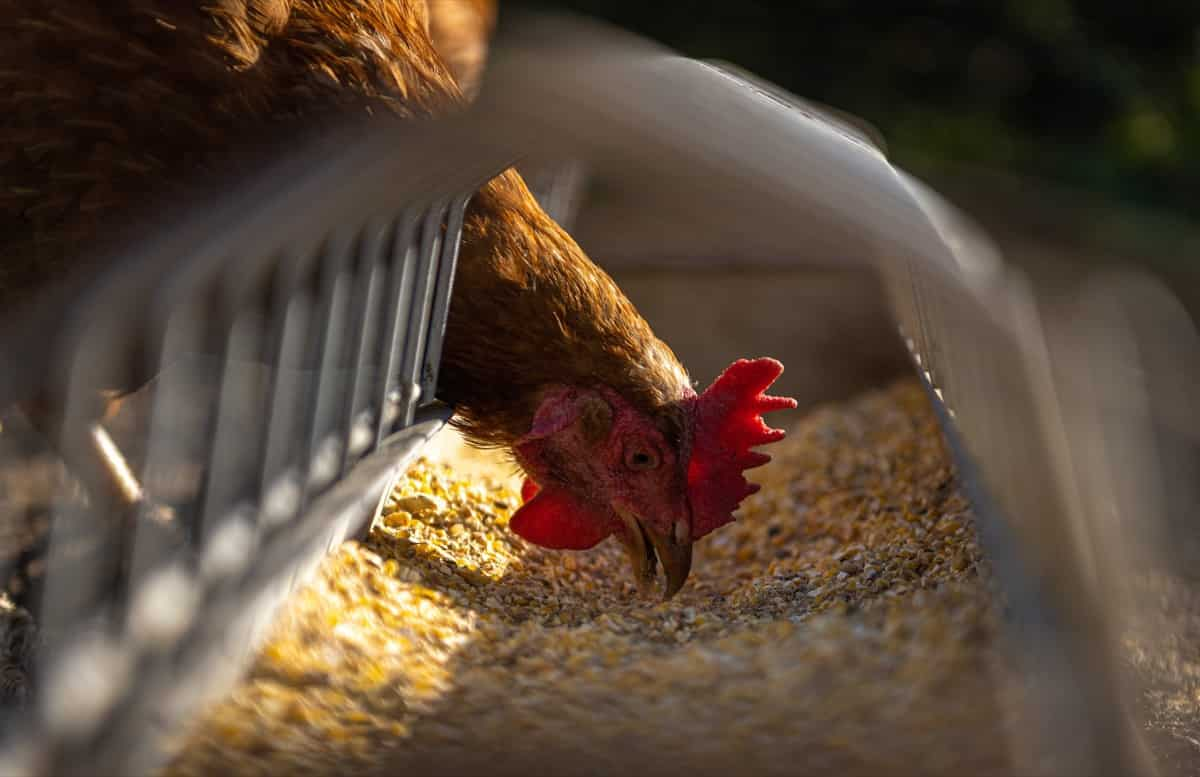
Good husbandry practices for Netherlands poultry farmers
The Netherlands is home to the world’s leading poultry farmers. These farmers produce high-quality poultry products using good husbandry practices.
- Providing a clean and spacious environment for the birds – The farmers ensure that the chicken houses are clean and spacious, with plenty of room for the birds to move around. This helps to reduce stress levels and promotes good health.
- Giving the birds a nutritious diet – The farmers feed their chickens with all the necessary vitamins and minerals. This ensures that the chickens are healthy and produce high-quality meat and eggs.
- Making use of modern technology – The farmers use modern technology, such as automated feeders and drinkers, to improve efficiency and reduce labor costs. In addition, this allows them to focus on other important aspects of their business, such as marketing and sales.
- Ensuring biosecurity – The farmers ensure biosecurity on their farms, such as keeping visitors out, ensuring that staff follow strict hygiene procedures, and regularly disinfect equipment. This helps to prevent the spread of diseases among the chickens.
Cost of starting a poultry farm business in the Netherlands
If you’re considering starting a poultry farm business in the Netherlands, you will need to factor in the land cost, housing, equipment, and staff. The average cost of starting a small poultry farm in the Netherlands is €50,000. This includes purchasing baby chickens, feed, housing, and equipment. Larger farms can cost up to €1 million to set up.
Care and management of poultry farms in the Netherlands
As the poultry farming industry in the Netherlands has grown, so needs better care and management of poultry farms. Many companies offer services to help farmers care for and manage their poultry farms. These companies can help with everything from cleaning and disinfecting the farm to providing feed and bedding for the chickens. One of the most important things these companies can do is help farmers keep their chicken coops clean and free of disease.
This is especially important in the Netherlands, where there is a high risk of avian flu. The companies that offer these services will usually have a team of experienced professionals who can clean and disinfect the chicken coops quickly and effectively. Another important service these companies can provide is helping farmers find the right feed for their chickens.
Many different types of feeds are available on the market, and it can be difficult for farmers to know which is best for their chickens. The right type of feed can make a big difference in the health and well-being of your chickens, so it is important to get this right. Finally, these companies can also help farmers with the bedding for their chickens. This is another area where many different options are available, and difficult to know which is best for chickens.
Poultry farming loans and subsidies in the Netherlands
The Dutch government offers several financial incentives for poultry farmers, including loans and subsidies. Loans are available for investments in poultry farms, and subsidies are available for purchasing equipment and constructing new poultry houses. In addition, the government provides financial assistance to farmers who wish to convert their operations to free-range or organic production.
Poultry farming challenges in the Netherlands
One of the key challenges facing poultry farmers in the Netherlands is ensuring the safety and quality of their products. It was revealed that some chicken farms were using illegal levels of antibiotics. This led to a sharp decline in consumer confidence, and chicken meat sales fell by 10%. Poultry farmers have also been feeling the squeeze from supermarkets, demanding ever-lower product prices. This has put pressure on margins.
As a result, many farmers have been forced to abandon traditional production methods in favor of more intensive methods that allow them to produce chicken meat at a lower cost. The challenges faced by poultry farmers in the Netherlands are significant, but there are also opportunities for those who can adapt and innovate. As a result, the Dutch poultry sector is still one of the most efficient in Europe.
Moreover, there is potential for further growth as consumers become more aware of the benefits of buying high-quality, locally-produced chicken meat. The Dutch poultry sector is grappling with several challenges at the moment. The major challenge is the pressure on margins due to rising costs. This is particularly acute for producers of broiler chickens, as feed costs have increased sharply in recent years.
Other challenges include increased competition from imports, resistance to antibiotics, and the need for greater sustainability. To address these challenges, the Dutch poultry sector must continue innovating and investing in new technologies. In particular, there is a need for more efficient production methods to help reduce costs. There is also a need to develop new products that appeal to consumers and offer a point of difference from imports.
And finally, the sector will need to focus on becoming more sustainable regarding environmental and social impact. Finally, poultry farmers in the Netherlands have to deal with strict environmental regulations. The government requires farmers to use environmentally-friendly practices, such as green energy and recycling manure. These requirements increase the farmer’s costs, making it even harder to profit.
In case you missed it: 12 Key Rules for Effective Poultry Farm Management: From Planning to Reducing Production Cost
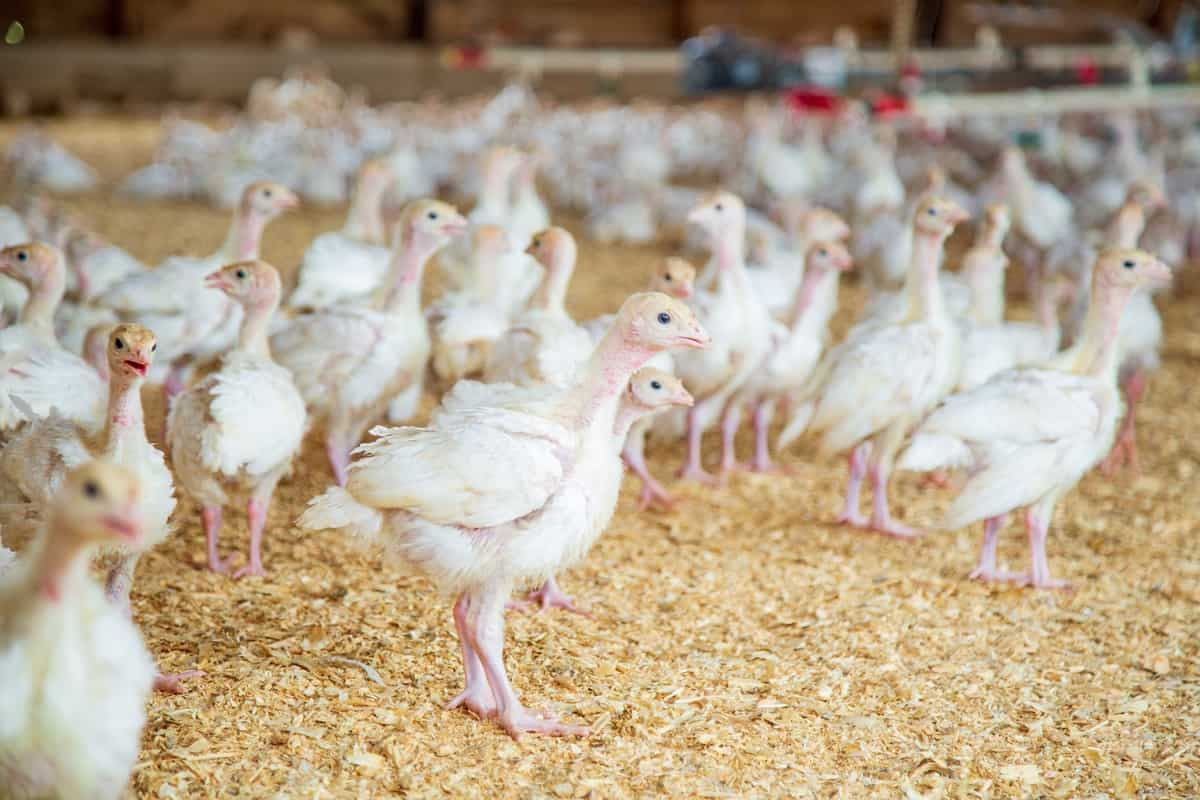
Why is the Netherlands a good place for poultry farming?
The Netherlands is a good place for poultry farming because the country has a long tradition of poultry, and the climate is suitable for raising chickens. The Netherlands also has a strong export market for chicken meat, and many Dutch companies are involved in the poultry industry.
Future of poultry farming in the Netherlands
The future of poultry farming in the Netherlands is looking very promising. The Dutch government has recently announced a new program to help support the poultry industry growth in the country. This program will provide financial assistance to farmers who want to expand their operations or start new ones. In addition, the government is working on new regulations to make it easier for farmers to comply with environmental standards. These initiatives are sure to help the poultry industry in the Netherlands continue to grow over the years.
Conclusion
Poultry farming involves raising chickens, ducks, turkeys, and other birds for meat or eggs. Commercial poultry farms in the Netherlands typically raise layer hens for egg production and broiler chickens for meat. Poultry farming in the Netherlands is carried out on a large scale, with many farms housing tens of thousands of chickens. Most of these farms are located in the southern part of the country, where the climate is milder and more farmland is available.
- Types of Pesticides Used in Agriculture: A Beginner’s Guide
- Economical Aquaculture: A Guide to Low-Budget Fish Farming
- 15 Common Planting Errors That Can Doom Your Fruit Trees
- How to Make Houseplants Bushy: Effective Tips and Ideas
- Innovative Strategies for Boosting Coconut Pollination and Yield
- Pollination Strategies for Maximum Pumpkin Yield
- The Complete Guide to Chicken Fattening: Strategies for Maximum Growth
- Natural Solutions for Tulip Problems: 100% Effective Remedies for Leaf and Bulb-Related Issues
- Revolutionizing Citrus Preservation: Towards a Healthier, Greener Future
- Natural Solutions for Peony Leaf and Flower Problems: 100% Effective Remedies
- Maximizing Profits with Avocado Contract Farming in India: A Comprehensive Guide
- Natural Solutions for Hydrangea Problems: 100% Effective Remedies for Leaf and Flowers
- The Ultimate Guide to Choosing the Perfect Foliage Friend: Bringing Life Indoors
- From Sunlight to Sustainability: 15 Ways to Use Solar Technology in Agriculture
- The Ultimate Guide to Dong Tao Chicken: Exploring from History to Raising
- The Eco-Friendly Makeover: How to Convert Your Unused Swimming Pool into a Fish Pond
- Mastering the Art of Delaware Chicken Farming: Essentials for Healthy Backyard Flocks
- 20 Best Homemade Fertilizers for Money Plant: DIY Recipes and Application Methods
- How to Craft a Comprehensive Free-Range Chicken Farming Business Plan
- Brighten Your Flock: Raising Easter Egger Chickens for Beauty and Bounty
- How to Optimize Your Poultry Egg Farm Business Plan with These Strategies
- Subsidy for Spirulina Cultivation: How Indian Government Schemes Encouraging Spirulina Farmers
- Ultimate Guide to Raising Dominique Chickens: Breeding, Feeding, Egg-Production, and Care
- Mastering the Art of Raising Jersey Giant Chickens: Care, Feeding, and More
- Ultimate Guide to Raising Legbar Chickens: Breeding, Farming Practices, Diet, Egg-Production
- How to Raise Welsummer Chickens: A Comprehensive Guide for Beginners
- How to Protect Indoor Plants in Winter: A Comprehensive Guide
- Ultimate Guide to Grow Bag Gardening: Tips, Tricks, and Planting Ideas for Urban Gardeners
- Guide to Lotus Cultivation: How to Propagate, Plant, Grow, Care, Cost, and Profit
- Agriculture Drone Subsidy Scheme: Government Kisan Subsidy, License, and How to Apply Online
- Ultimate Guide to Raising Araucana Chickens: Breed Profile, Farming Economics, Diet, and Care
- Bringing Hydroponics to Classroom: Importance, Benefits of Learning for School Students
- Ultimate Guide to Raising Polish Chickens: Breed Profile, Farming Economics, Diet, and Care
- Ultimate Guide to Raising Australorp Chickens: Profile, Farming Economics, Egg Production, Diet, and Care
- Silkie Chicken Farming: Raising Practices, Varieties, Egg Production, Diet, and Care
- Sussex Chicken Farming: Raising Practices, Varieties, Egg Production, Diet and Care
Could using chicken manure instead of commercial fertilizer allow some of the farms to stay open?